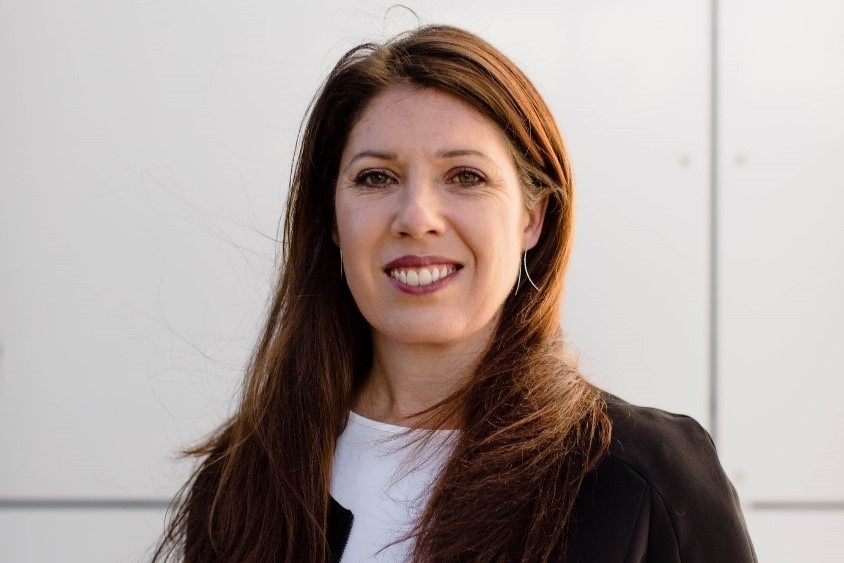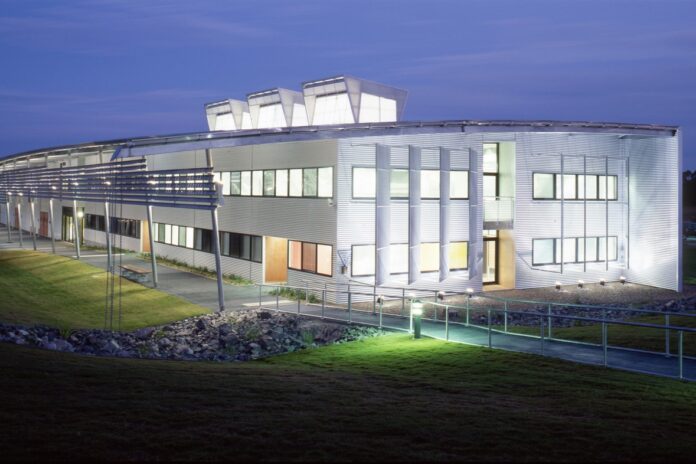A high-tech project driven by the University of the Sunshine Coast could help tackle some of the region’s most pressing issues.
Satellites, submarine cables, ground-penetrating radar and artificial intelligence are among the tools for the new initiative, which could establish the Sunshine Coast as a leader in geo-intelligence.
UniSC’s Innovation Centre has been awarded $199,800 for the Space to Sea – Accelerator project through the state government’s Regional Futures – Collaborative Projects program.
Innovation Centre director Jasmine Vreugdenburg said an overarching goal was to investigate sustainable solutions to complex local and global challenges using geospatial intelligence – information from images and data associated with geographical locations.
“For example, we could monitor the Sunshine Coast’s rapid population growth and manage the impact on transport, environmental protection and social planning accordingly, or track changes in weather and plan more effectively for extreme weather events,” she said.
“As new satellites and technologies provided more accurate data and imaging than ever before, the project will bring together world-class research expertise and industry knowledge to capitalise on growing global demand for real-time geospatial intelligence.”

Three of Australia’s five UNESCO Biosphere Reserves – Great Sandy, Noosa and Sunshine Coast – sit within UniSC’s campus footprint, and encompass the world’s largest sand island, kilometres of coastlines and waterways, and subtropical rainforest and mountains.
“Remote sensing and geospatial intelligence from space to sea provides the opportunity to research and adopt sophisticated solutions to enhance sustainability across these iconic areas,” Ms Vreugdenburg said.
“Their vulnerability to environmental challenges, including climate change impacts, make this project a timely response to bolster disaster preparedness, management and resilience.”
A range of advanced technologies will be used to extract maximum intelligence from built and natural environments.

This includes hyperspectral imaging from space satellites, ground-penetrating radar, fibre-optic distributed acoustic sensing, remote sensing using lasers, drones, artificial intelligence and machine learning.
It will also utilise the region’s access to key digital enabling infrastructure through the Sunshine Coast International Broadband Network and NEXTDC Sunshine Coast Data Centre (SC1) which provides Australia’s fastest east coast data and telecommunications connection to Asia and second fastest to the United States.
The project, which will be delivered in collaboration with major partner Sunshine Coast Council, aims to create new social and commercial opportunities in geospatial technology, locally and nationally.
Economic Portfolio councillor Terry Landsberg said he was thrilled to see the project come to life after council hosted a geospatial ideation session in October 2023.
“Collaborative projects like ‘Space to Sea’ further stimulate innovation, create jobs and foster sustainable development for our region and Queensland,” Cr Landsberg said.
“The project also aligns with our Regional Economic Development Strategy 2013-2033 which identifies innovation as critical to growing world-class businesses.”
UniSC’s Innovation Centre is an incubator that provides early-stage startups with world-class business support leveraging the research, infrastructure and talent of the university.
Do you have an opinion to share? Submit a Letter to the Editor at Sunshine Coast News via news@sunshinecoastnews.com.au. You must include your name and suburb.





